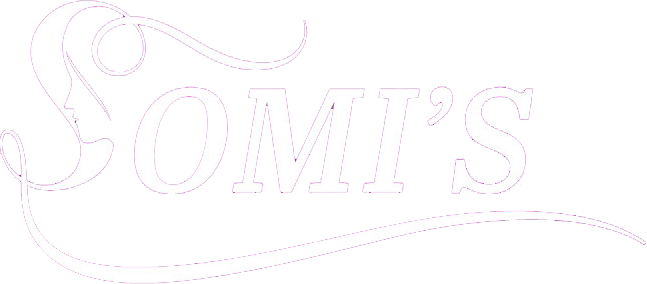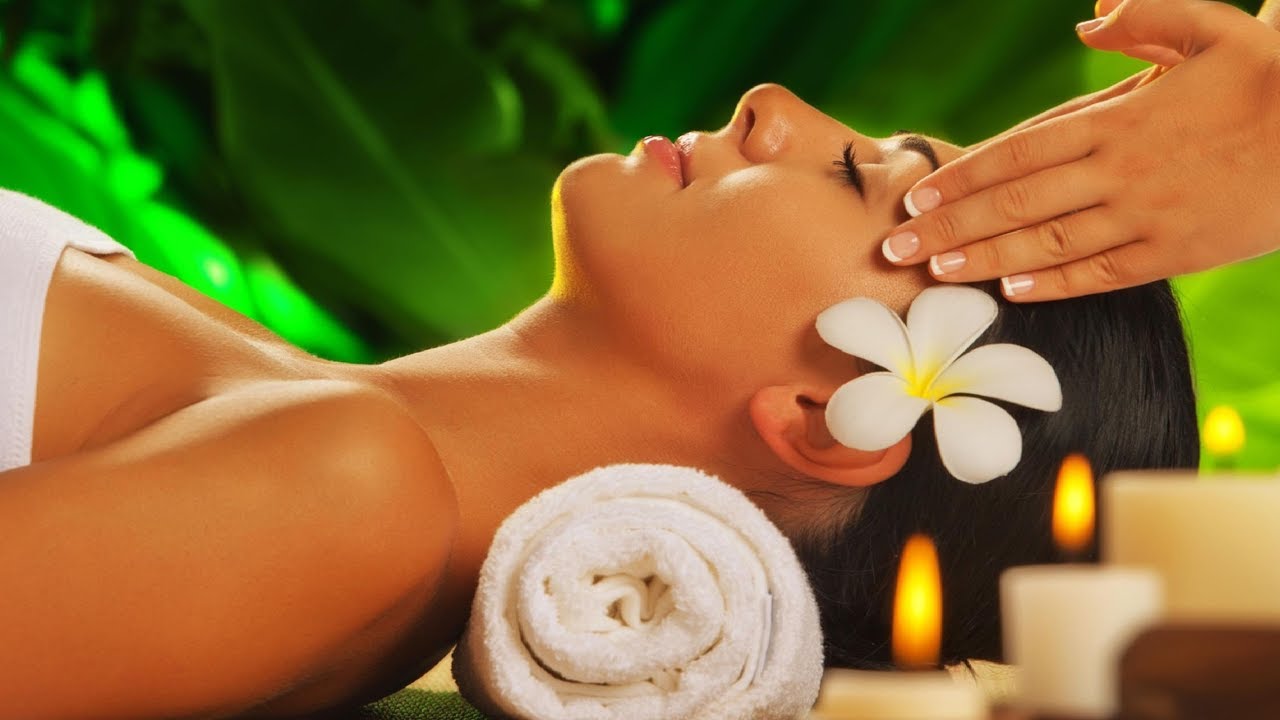In today’s fast-paced world, anxiety and stress have become all too common, affecting millions of individuals worldwide. While there are various methods to manage these conditions, one effective and natural approach gaining recognition is massage therapy. In this proposal, we explore the benefits and effectiveness of massage therapy as a holistic solution for alleviating anxiety and stress.
Understanding Anxiety and Stress:
Anxiety and stress are prevalent mental health issues that can manifest in various ways, including physical tension, restlessness, and difficulty concentrating. These conditions not only affect our mental well-being but also impact our physical health and overall quality of life.
The Power of Massage Therapy:
Massage therapy offers a unique approach to addressing anxiety and stress by combining physical touch with relaxation techniques. Here are some key benefits of massage therapy in managing these conditions:
Promotes Relaxation: Massage therapy induces a state of deep relaxation, reducing muscle tension and calming the mind. The gentle, rhythmic movements of massage help release endorphins, the body’s natural mood elevators, promoting a sense of well-being and tranquility.
Reduces Cortisol Levels: Cortisol, often referred to as the stress hormone, is released in response to stress. Massage therapy has been shown to decrease cortisol levels in the body, helping to alleviate stress and its associated symptoms.
Improves Sleep Quality: Anxiety and stress can disrupt sleep patterns, leading to insomnia and fatigue. Regular massage therapy has been linked to improved sleep quality, allowing individuals to achieve deeper and more restful sleep.
Enhances Mind-Body Connection: Massage therapy encourages mindfulness and awareness of the body, fostering a deeper connection between the mind and body. This increased awareness can help individuals better manage stressors and maintain a sense of balance and harmony.
Tailored Approach to Treatment:
One of the greatest strengths of massage therapy is its versatility. Therapists can tailor each session to meet the specific needs and preferences of the individual. Whether it’s gentle Swedish massage, targeted deep tissue work, or soothing aromatherapy, the treatment can be customized to provide maximum relief and relaxation.
Conclusion:
In conclusion, massage therapy offers a holistic and effective approach to managing anxiety and stress. By promoting relaxation, reducing cortisol levels, improving sleep quality, and enhancing the mind-body connection, massage therapy addresses these conditions at their core, providing long-lasting benefits for overall well-being.
As awareness of the connection between mental and physical health continues to grow, massage therapy emerges as a valuable tool in promoting holistic wellness. By incorporating massage therapy into their wellness routines, individuals can experience profound relief from anxiety and stress, paving the way for a happier, healthier life.







